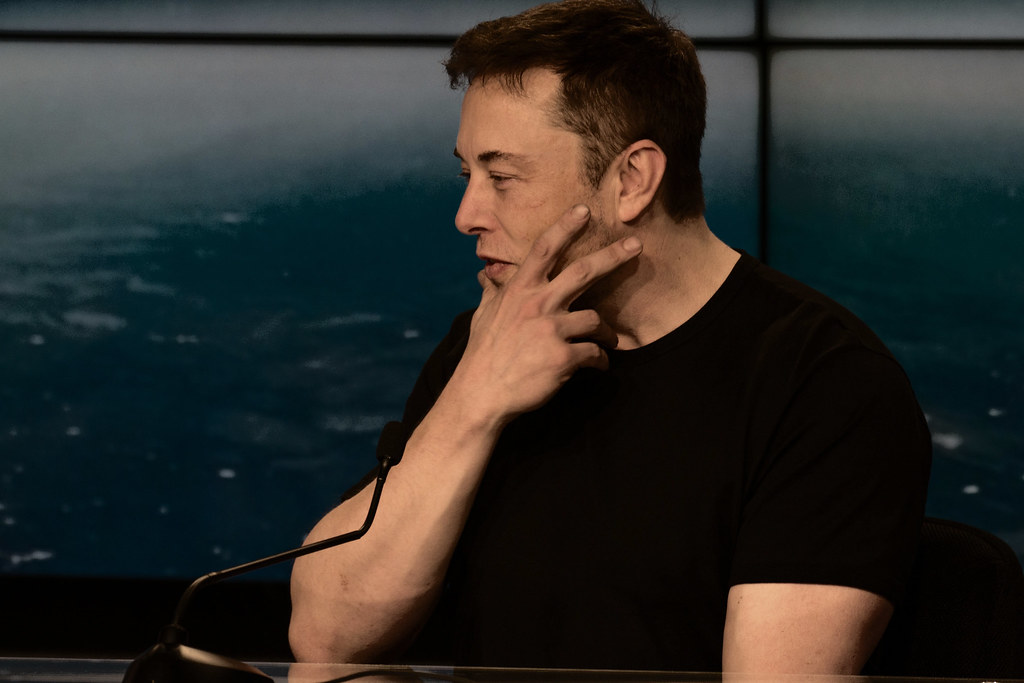In a move that has the tech world buzzing and popcorn kernels popping, Elon Musk, the visionary behind SpaceX and X (formerly Twitter), has catapulted himself into a legal showdown with OpenAI, a company he once helped to nurture. This lawsuit, filed in a San Francisco court, isn’t just about breach of contracts or fiduciary duties; it’s a saga that encapsulates Musk’s profound concerns about the future of artificial intelligence (AI) and its impact on humanity.
At the heart of this legal imbroglio is Musk’s accusation that OpenAI, under the stewardship of CEO Sam Altman, has strayed far from its founding principles. Musk, who co-founded OpenAI in 2015 with the lofty goal of developing AI for the benefit of humanity, alleges that the company has now morphed into a “closed-source, de facto subsidiary of Microsoft,” pursuing profits over its original altruistic mission. The transformation was so radical, Musk claims, that it’s akin to a non-profit designed to protect the Amazon rainforest suddenly turning into a for-profit logging company.
The crux of the lawsuit revolves around OpenAI’s secretive development of GPT-4, a powerful AI model that Musk believes has crossed into the realm of AGI (Artificial General Intelligence) – a type of AI that can perform tasks at or above human level. Musk is pushing for a court order to force OpenAI to release its technology to the public, a move that would dramatically alter the landscape of AI development and its commercial use.
Musk’s legal battle is not just litigious nitpicking. It highlights a broader, existential dread among tech visionaries about AGI’s potential to slip beyond human control, posing unprecedented risks. Musk’s actions underscore his persistent call for rigorous AI regulation and responsible stewardship, aimed at ensuring that the development of AGI remains aligned with humanity’s best interests.

OpenAI’s transition from a non-profit entity to a for-profit powerhouse, particularly its partnership with Microsoft, has raised eyebrows and regulatory scrutiny in the US, EU, and UK. The implication that OpenAI’s current trajectory could prioritize financial gain over safety and ethical considerations has fueled a fiery debate on the governance of burgeoning AI technologies.
Critics of Musk’s lawsuit, like Brian Quinn from Boston College Law School, question the legal standing of Musk’s claims, suggesting the lawsuit faces significant hurdles. Nonetheless, the case has thrust the complex relationships between AI firms, their founding missions, and their evolving roles in society into the spotlight.
As this legal drama unfolds, it’s clear that the stakes are high, not just for Musk and OpenAI, but for the future direction of AI development. While the courtroom battles will likely be complex and protracted, the underlying issues at play—how to balance innovation with ethical considerations, and how to ensure AI benefits all of humanity—remain paramount. In the end, this lawsuit may well prove to be a pivotal moment in the ongoing narrative of AI and its role in shaping our world.
Related posts:
Why Elon Musk Is Suing OpenAI and Sam Altman
Elon Musk sues OpenAI accusing it of putting profit before humanity





